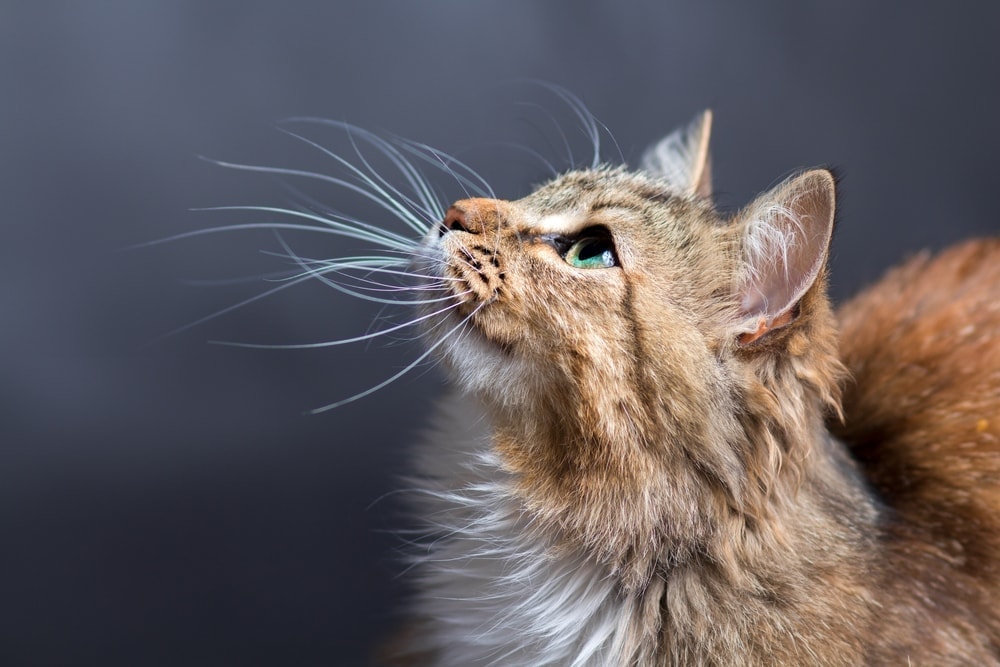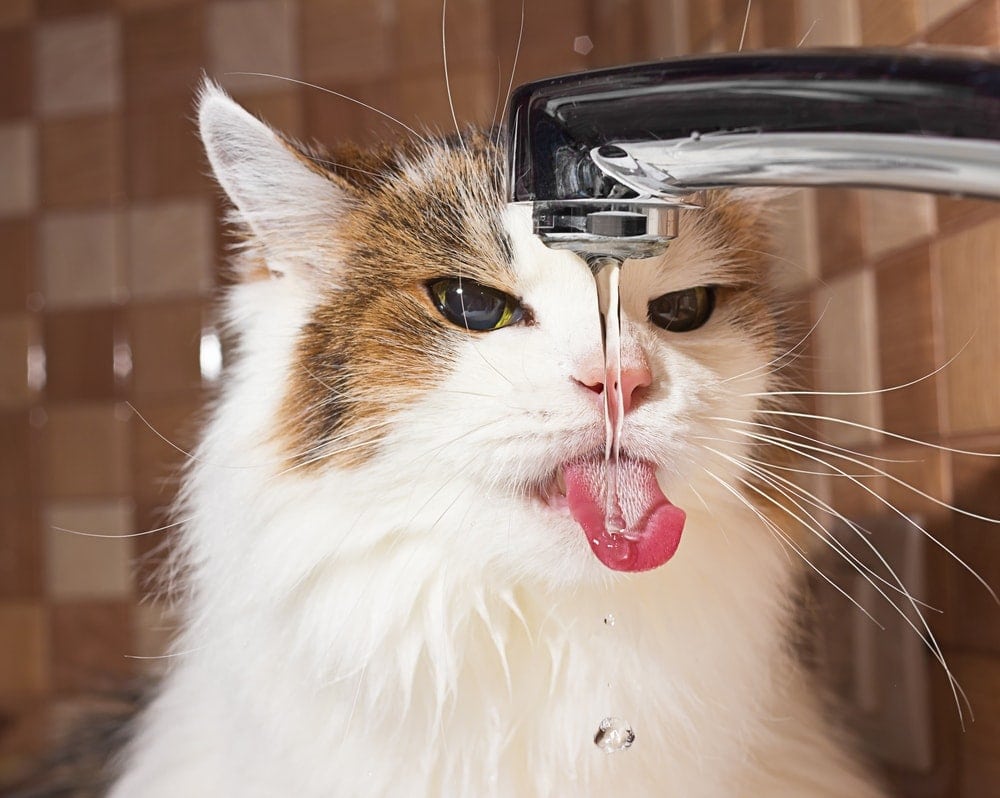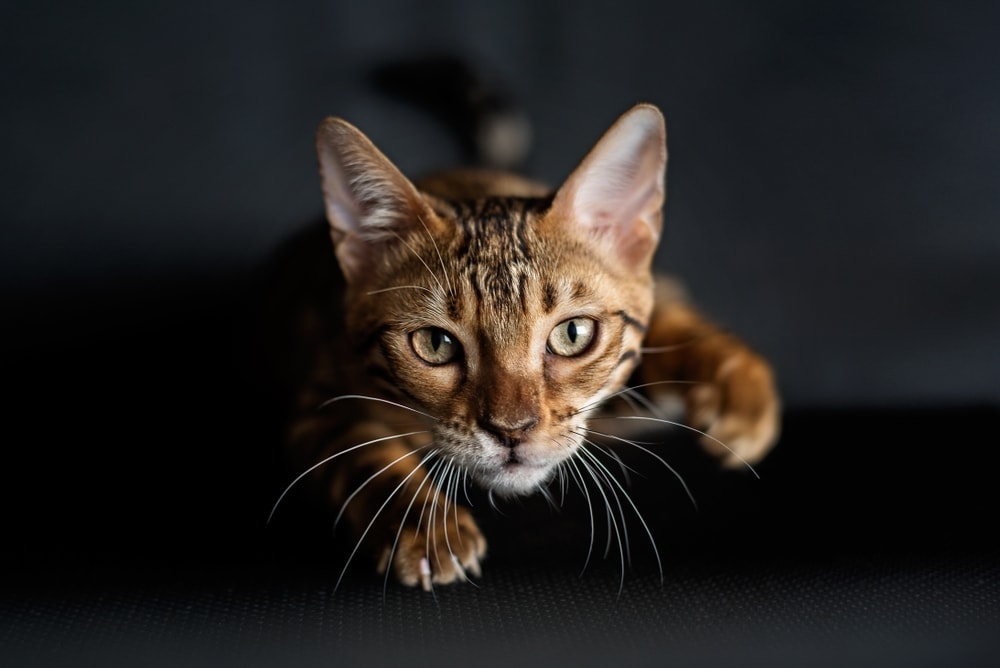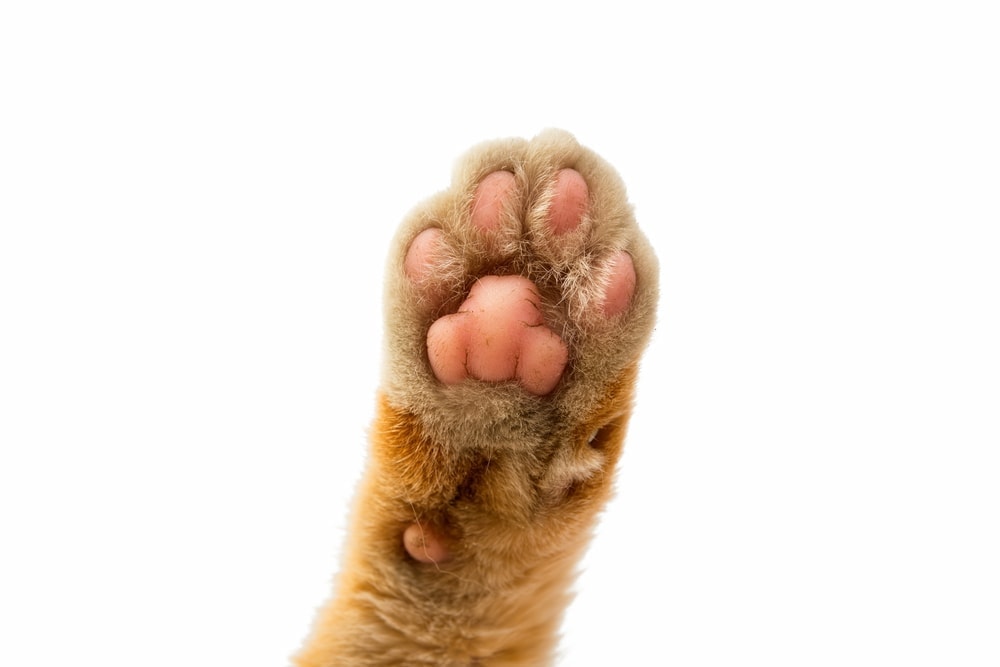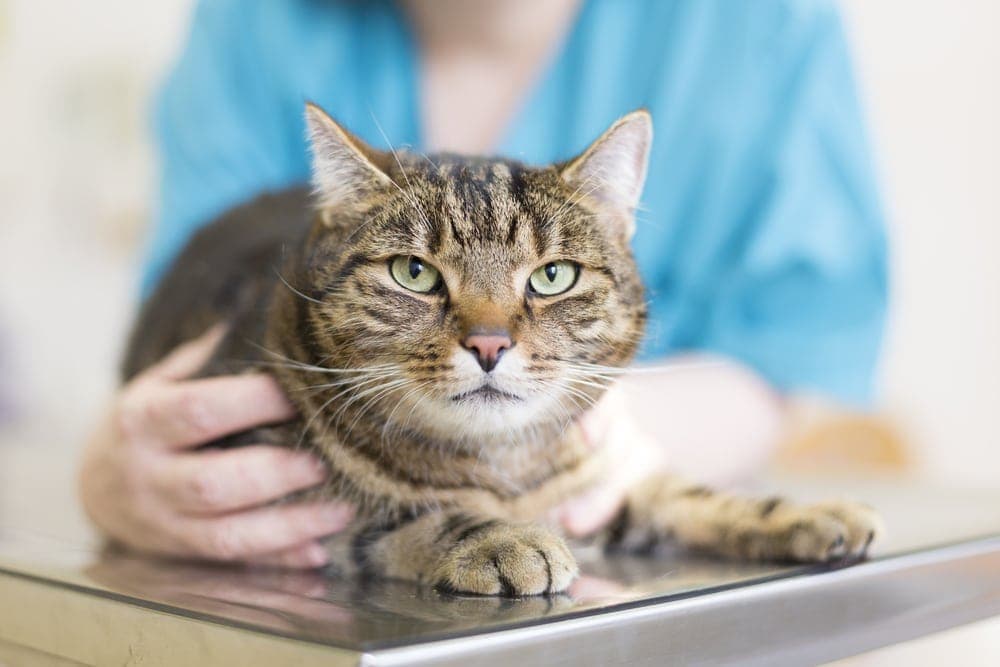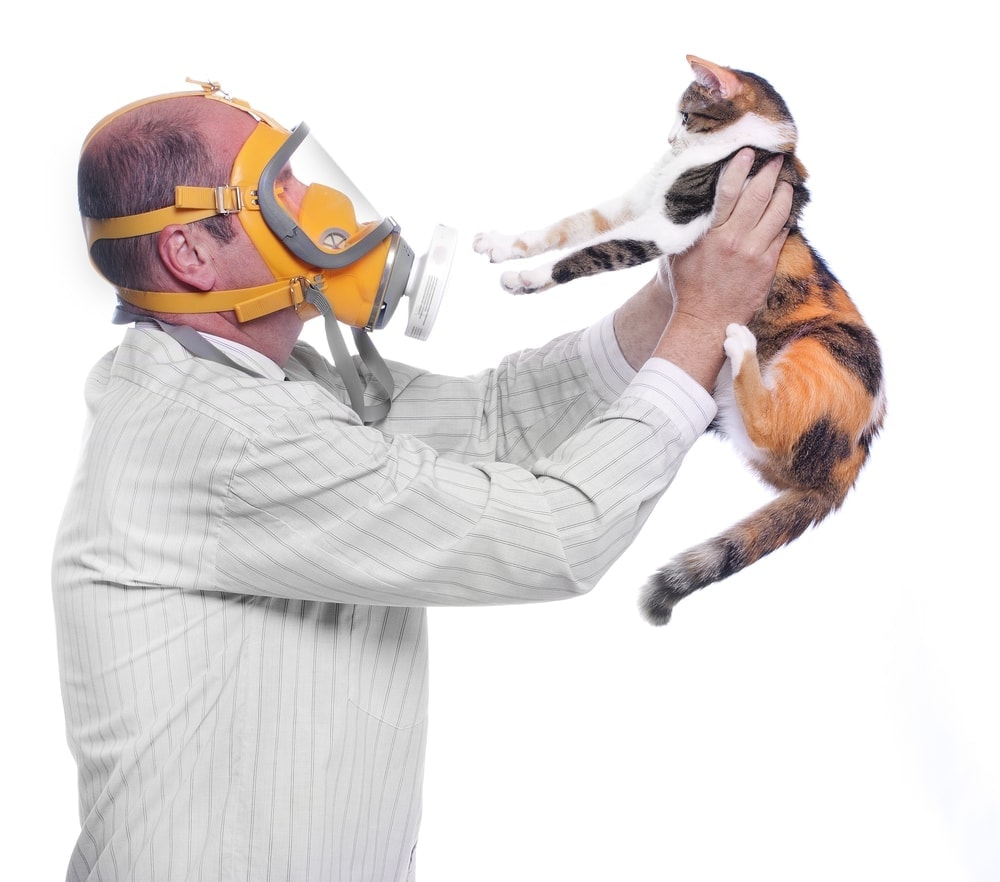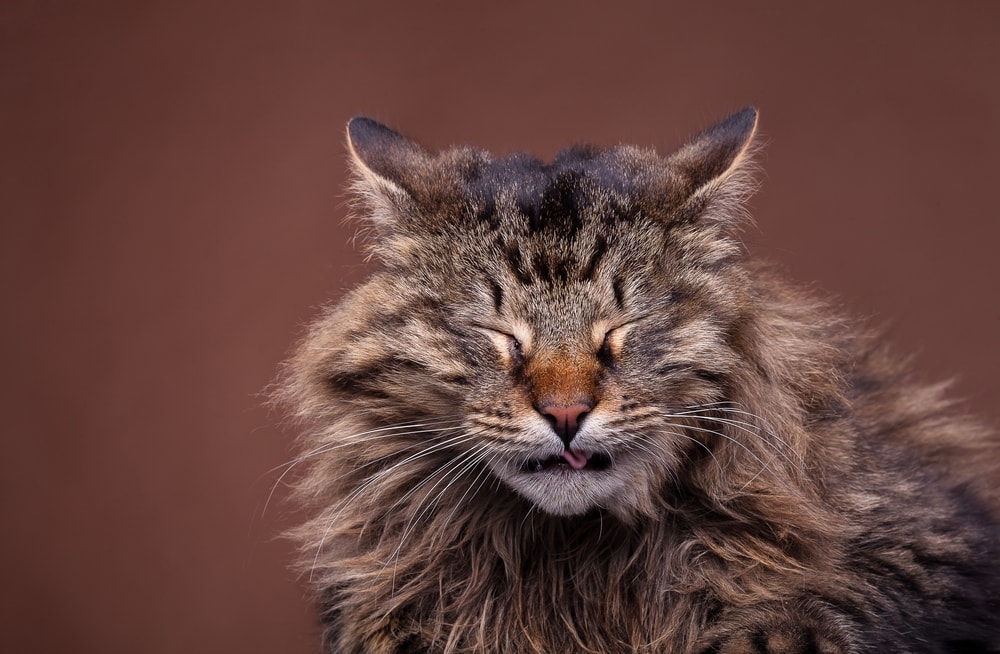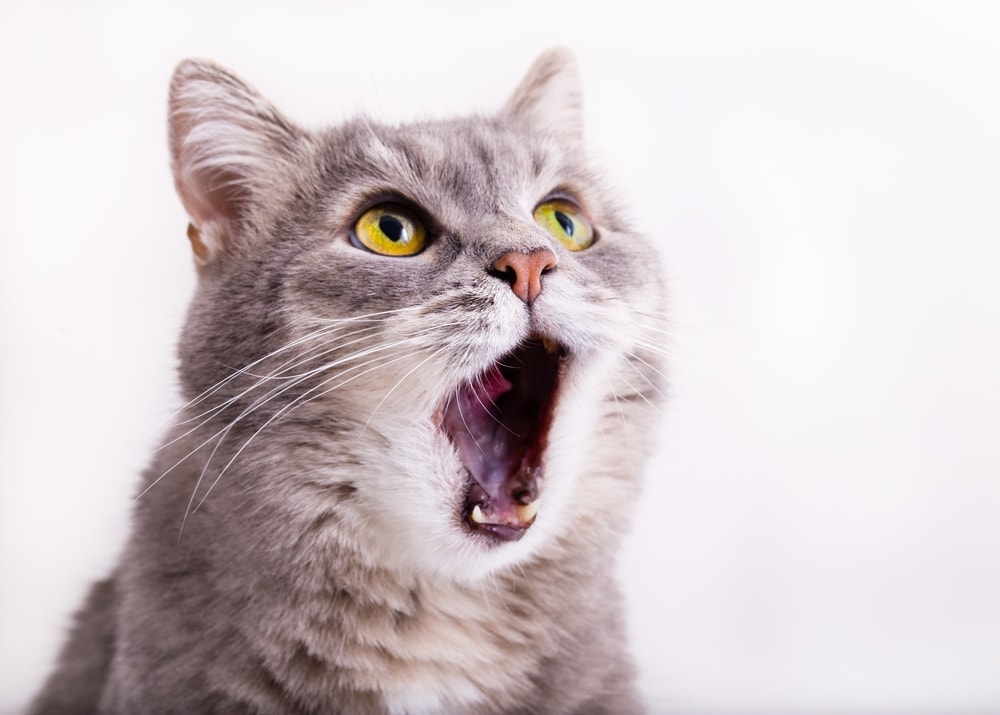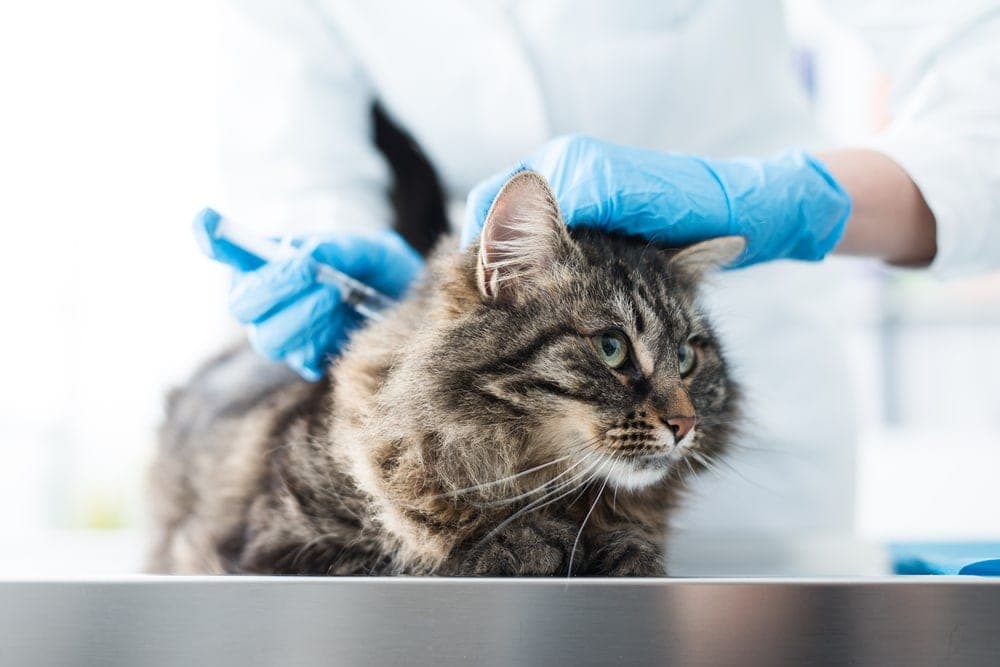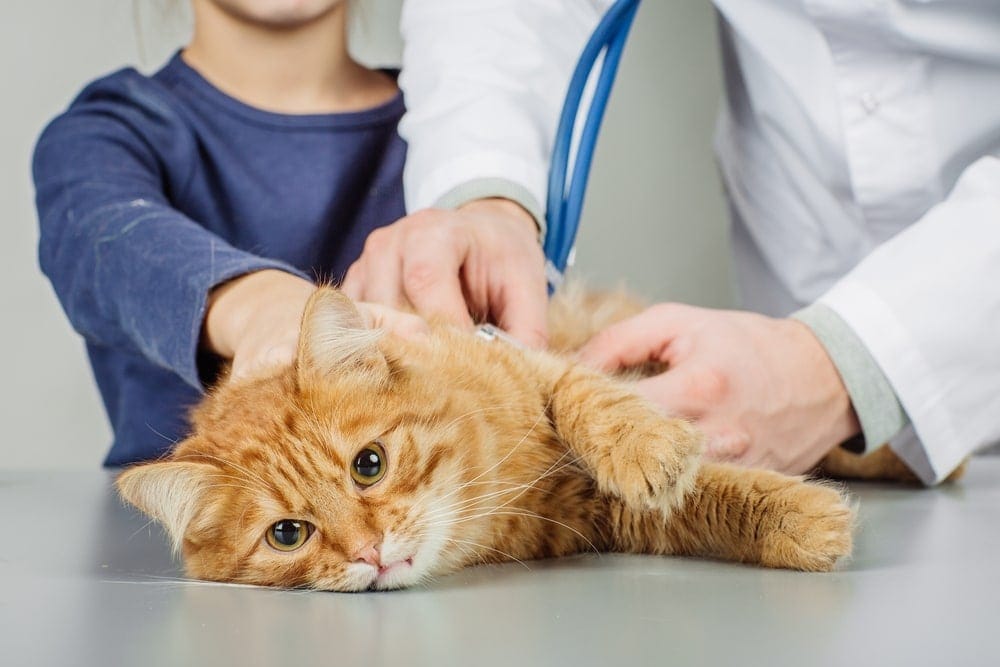A cat’s whiskers are definitely part of its adorable overall appearance, but it can lose them for multiple reasons.
This can be either perfectly normal or a big problem, depending on the specific cause.
If you own a cat, you should be familiar with some of the reasons for this.
What Purpose do Whiskers Serve?
Your cat’s whiskers don’t exist solely to make your cat look cute. They are technically called vibrissa, stemming from areas of your cat’s face that contain tons of nerves. This increased sensitivity allows your cat to accurately assess distance when jumping, which is very useful.
Whiskers also play a crucial role in allowing your cat to get around at night or in dark areas. They protect their eyes from particulate matter as well. Cats that do not have any whiskers at all are at all a huge overall disadvantage when compared to other felines.
The whiskers on your cat also give it crucial information about things that are close to its face. This helps your cat explore the world around it as safely as possible.
You can sometimes even get information about a cat’s current mood by looking at their whiskers. If your cat’s whiskers are pinned against their face, it probably means they are stressed, scared, or annoyed. It could also be a combination of these emotions. Either way, it is very useful information to have.
Whisker Shedding
Some cats do shed their whiskers, which is perfectly normal. You might occasionally notice that one of your cat’s whiskers is missing. It is not normal, however, for a cat to lose all of its whiskers within a very short span of time. You should also pay attention to see if your cat’s missing whiskers are being replaced. If they are not, there is probably some serious issue that needs to be addressed.
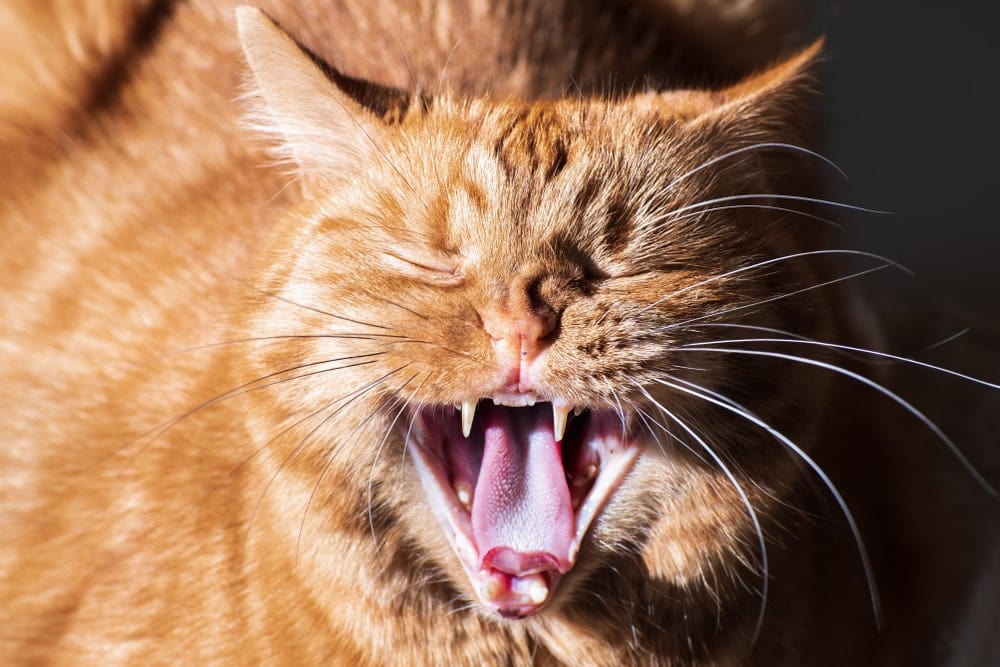
Health Problems that Cause Whisker Loss
There are a number of health problems a cat can have that sometimes result in the loss of their whiskers. It is important that you are aware of these conditions so you can take proper care of your pet.
1. Fungal Infections
It is possible that your cat is losing its whiskers due to a bad fungal infection. Ringworms have been known to cause the loss of fur and whiskers. Fortunately, they can be treated and gotten rid of quite effectively with the right medication.
2. Alopecia
Cats that have alopecia often end up losing their whiskers as well as the rest of their hair on their body. If you begin noticing this, you will need to take your cat to see the vet right away.
3. Dermatitis
Cats can have all sorts of skin issues that cause fur and whisker loss, including dermatitis. While it might not seem very serious, it can cause severe irritation and discomfort for your pet. This is why you need to make a point of getting it taken care of as soon as possible. There are certain medications that can be effective at treating this skin problem.
4. Mites
A mite infestation can also cause whisker loss, though it is fairly uncommon. Mites are a lot more common with outdoor cats. If your cat does have mites, you will most likely notice red and inflamed skin that is very irritated.
5. Immune Disorders
There are numerous immune disorders a cat can have that cause the loss of whiskers. These disorders are often very serious and can put your pet’s health at risk in a big way. Depending on how advanced the condition is, your cat could lead a normal life.
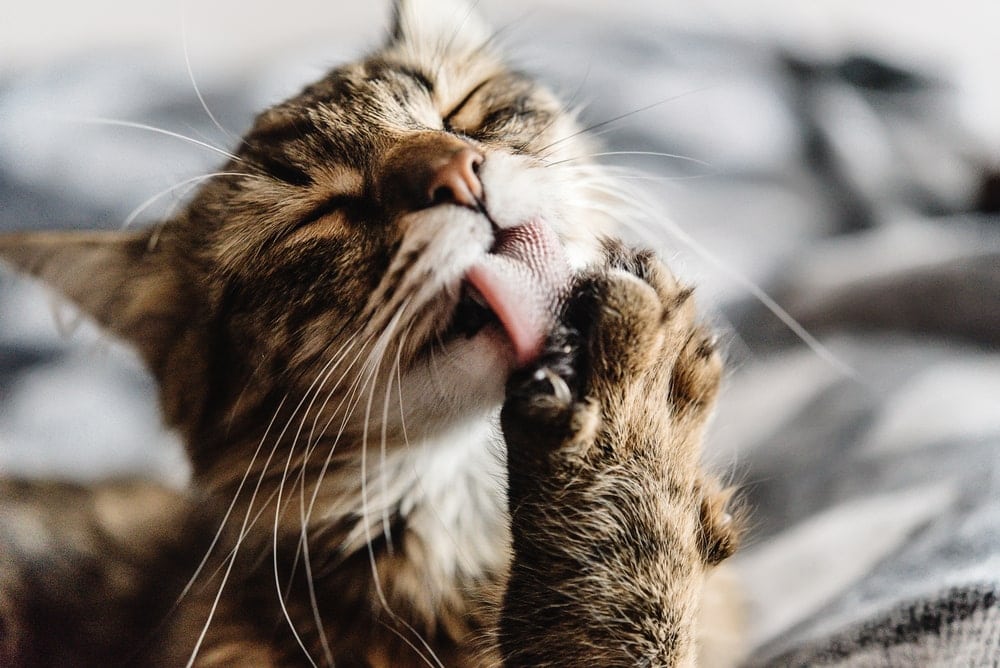
Other Causes of Whisker Loss
Some of the other potential causes of whisker loss among cats include:
- Fighting: If your cat has been fighting with other cats, it could lose whiskers in the process. You may also notice wounds on your cat, which need to be properly tended to. The last thing you want is for your cat to get a bacterial infection.
- Stress: There is a decent amount of evidence that cats can lose their fur and even whiskers due to stress or anxiety. These animals can experience stress for a number of reasons. A sudden change in the cat’s environment can cause this to happen.
When to Visit the Veterinarian
It is important that you know when to go see the veterinarian. If you notice your cat losing a lot of whiskers within a span of a few days, there is probably cause for concern. This is simply not part of the normal shedding process.
You should also take your cat to the veterinarian if you notice any vomiting, diarrhea, lack of appetite, or lethargy. These are all common signs of illness, and it could be related to their whisker loss. Your vet should be able to come up with an explanation for this.
It is important that you keep a close eye on your cat if it has started losing whiskers. This will allow you to monitor how they are doing so you can decide whether or not a trip to the vet is in order.
Conclusion
- The occasional whisker falling off your cat’s face is not an immediate cause for alarm or concern.
- Cats sometimes naturally lose their whiskers as part of the normal shedding process.
- It is not normal for a cat to lose a lot of its whiskers within a short time frame.
- Fungal and bacterial infections can both be responsible for whisker loss in cats. These infections can usually be treated with powerful antibiotic medications.
- Some cats suffer from alopecia, which causes them to lose their fur and whiskers.
- If your cat has gotten mites from being outside, it could start to lose its whiskers and other hair.
- Certain immune disorders can cause whisker loss as well.
- You will need to look for other signs of illness so you know whether or not you should see the veterinarian.
- Keep a close eye on your cat if it has started losing any of its whiskers.
